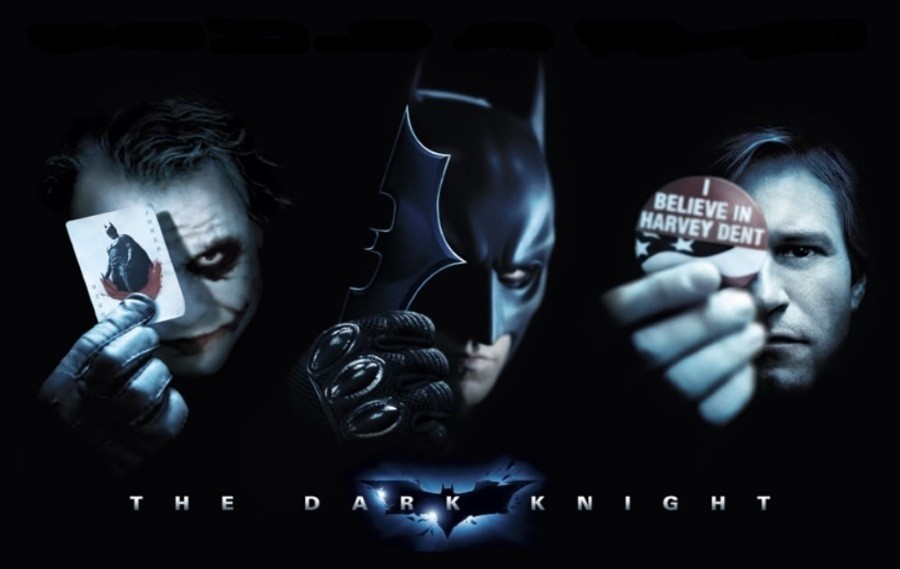
“The Dark Knight (2008): A Cinematic Masterpiece Redefining Superhero Storytelling”
Introduction:
Directed by Christopher Nolan, “The Dark Knight” emerged in 2008 as a transformative force in the superhero genre, elevating the notion of what a comic book adaptation could achieve.
Dark Realism and Narrative Depth:
The film set itself apart with its dark and gritty portrayal of Gotham City, exploring complex themes of morality, chaos, and the fine line between heroism and vigilantism.
Heath Ledger’s Iconic Joker:
Heath Ledger’s portrayal of the Joker remains a pivotal point in cinematic history. His immersive and haunting performance redefined the character, leaving an indelible mark on the superhero genre and earning posthumous acclaim.
Batman’s Evolution:
Christian Bale’s portrayal of Batman/Bruce Wayne continued to evolve, delving deeper into the psychological turmoil of the character and the burdens of his dual identity.
Impact on Superhero Films:
“The Dark Knight” wasn’t just a superhero movie; it was a crime drama and character study wrapped in a comic book narrative. Its success signaled a shift toward more mature and introspective storytelling in the genre.
Technological Advancements and Cinematic Techniques:
The film’s use of practical effects, along with IMAX sequences, elevated the visual experience, setting new standards for action and suspense in superhero movies.
Cultural Legacy:
Beyond its critical and commercial success, “The Dark Knight” left a cultural legacy, influencing subsequent superhero films and becoming a benchmark for narrative depth and character-driven storytelling.
Conclusion:
“The Dark Knight” stands tall as a watershed moment in superhero cinema, challenging conventions and setting a new standard for the genre. Its impact continues to resonate, solidifying its place as a cinematic masterpiece that transcends the boundaries of traditional comic book adaptations.
Also read